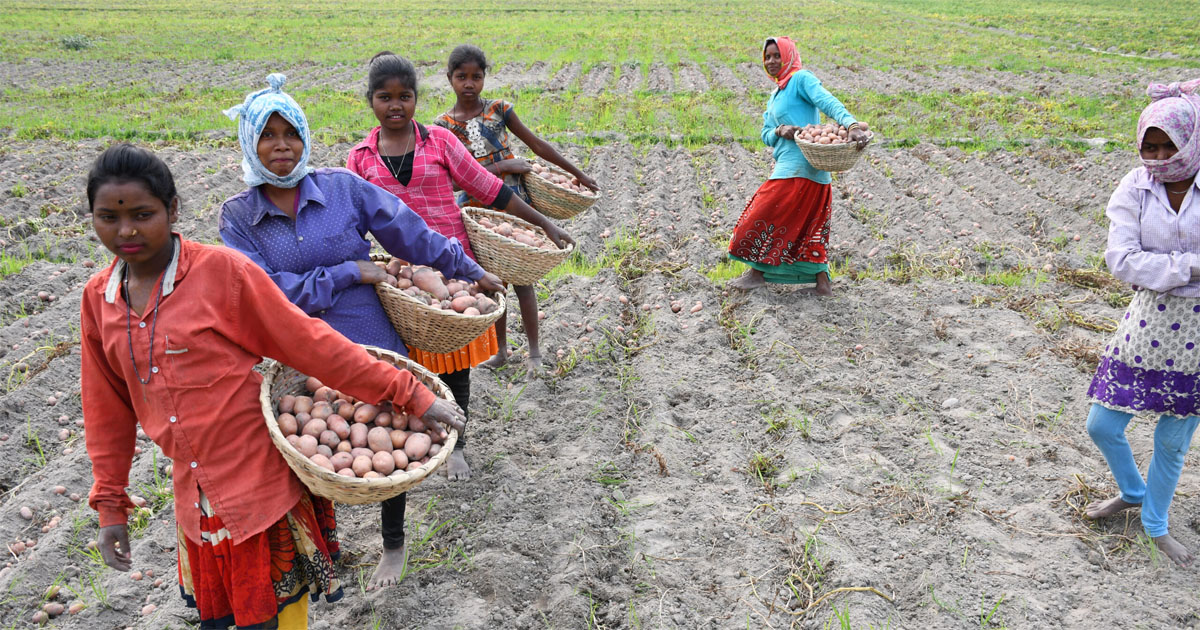Salima is a Research Associate for Africa Forest team within the Food, Forest and Water program. She helps conduct research and assists the Central African Regional Offices in updating their Forest Atlases, as well as reformatting them to be published as a website.
Prior to WRI, Salima interned with the United Nations Environment Programme (UNEP) and the Nature Conservancy where she assisted research projects on soil degradation in drylands and land restoration using remote sensing technologies. She also gained some environmental policy and advocacy experiences while working for Earth Day Network and the Vermont Natural Resources Council.
Salima graduated from Green Mountain College, in Vermont, where she received a dual B.S degree in Natural Resources Management and Sustainable Business.
Even though originally from Niger, Salima considers herself to be a “global citizen” after growing up in different African countries including Benin, and Egypt; and spending 12 years in Ethiopia with her family. During her free time, Salima enjoys playing tennis, watching documentaries and skiing.














